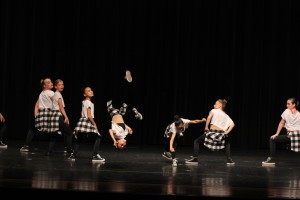 Acro
Acro
Acrobatics used in dance uniquely combines controlled contortions with strength, flexibility, and balance. Tumbling skills such as aerials, front and back walk overs, handsprings and more, help improve dancers’ confidence. Acro adds versatility and creativity to both the dancers and their routines.
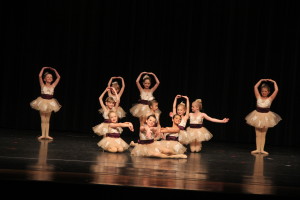 Ballet
Ballet
Ballet is truly the foundation of all forms of dance and is a structured class. In this class students learn definitions, terminology, and proper technique. Ballet classes consist of beginning the class at the barre, then moving to floor work. In dance, a strong core is vital. Ballet is essential in building strength in the arms, legs, and core. This will also assist dancers in developing their flexibility and technique for leaps and turns.
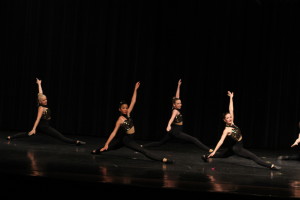 Conditioning
Conditioning
The purpose of conditioning is to improve your technique and performance by strengthening the abdominal and back muscles (core). Flexibility and alignment are optimized while also improving coordination and balance. More lift without tension, deeper pliés, higher jumps with less effort, tighter turns, and improved extension and turnout are results of proper conditioning.
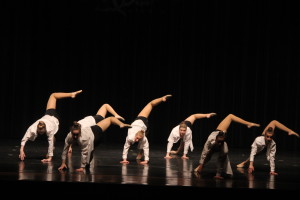 Contemporary
Contemporary
Contemporary is an expressive style of dance that pulls elements from modern, jazz, lyrical, and classical ballet. These dancers connect the mind and body through fluid dance movements. Focusing on floor work, versatility, and improvisation allows their bodies to freely express their feelings.
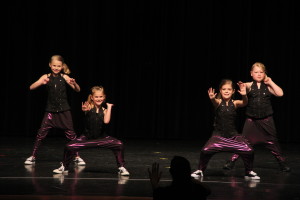 Hip Hop
Hip Hop
Hip Hop uses high energy movements that have elements of popping, locking, and breaking. These freestyle movements allow students the opportunity to express their own sense of style. Hip Hop is the latest form of expression in today’s culture. It is diverse and ever changing.
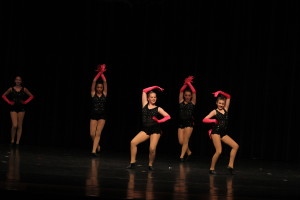 Jazz
Jazz
Jazz tends to blend the strength and control of ballet with the creativity and expression of modern. This style often uses syncopated rhythms and angular movements with a strong technique base. Leaps and turns are typically at the forefront of jazz choreography.
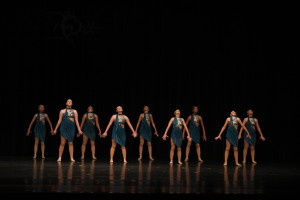 Lyrical
Lyrical
Lyrical is a fusion of jazz and ballet. In lyrical, choreographers and dancers use motion to interpret music and express emotion, telling a story with movement. A ballet based technique is often preferred for this style of dance. Lyrical dancers use grace and fluidity to flow seamlessly from one movement to another.
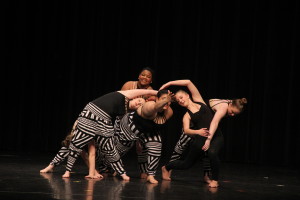 Modern
Modern
Modern dance encourages dancers to use their emotions and moods to design their own steps and routines. It is not unusual for dancers to invent new steps for their routines, instead of following a structured code of technique, as in ballet. Another characteristic of modern dance in opposition to ballet is the deliberate use of gravity. Whereas classical ballet dancers strive to be light and airy on their feet, modern dancers often use their body weight to enhance movement.
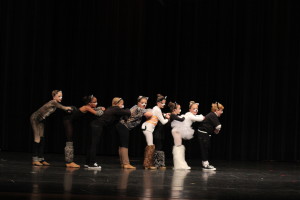 Musical Theater
Musical Theater
Musical Theater explores a variety of dance styles while incorporating songs, and acting. Often using show tunes from Broadway, the story and emotional content of a musical are communicated through the words, music, and movement.
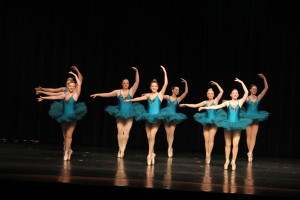 Pointe
Pointe
Pointe uses classical ballet technique in which a dancer supports all body weight on the tips of fully extended feet. Special shoes with blocks at the toe enable dancers to rise to the very tip of their toes. Previous ballet technique is required as well as approval from the teacher or director in order to begin a Pointe class.
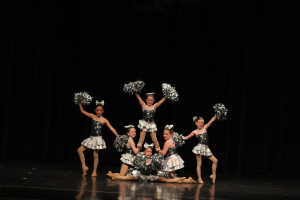 Poms
Poms
Poms consists of precise movements, impressive kick lines, and intricate group formations. Dancers in this class will learn skills such as splits, kicks and a variety of jumps. Not to be confused with cheerleading, poms is set to music and does not involve vocal cheering.
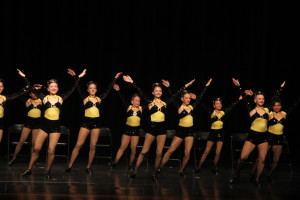 Tap
Tap
Tap classes develop coordination and rhythm. Dancers wear shoes with metal plates on the bottom to create intricate rhythms with the feet. Upper body movement is coordinated with these rhythms thereby creating a visual and musical experience.
